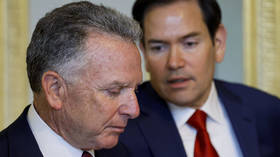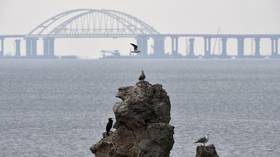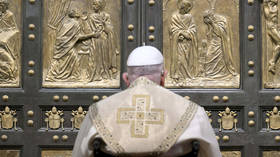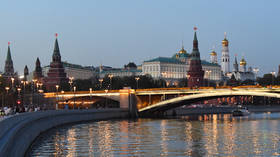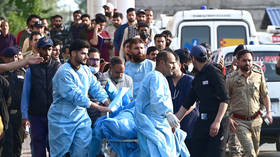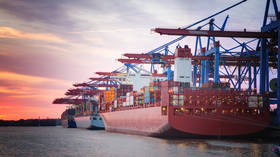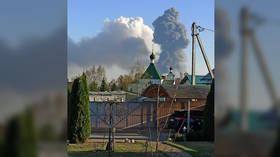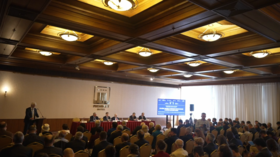North Korea’s Socialist Winter: Engagement or isolation? (Photo Perspectives)

Pyongyang's recent rocket launch has placed North Korea in the cross-hairs of the international community. The current standoff with the "Hermit Kingdom" threatens to stifle very real reforms already underway, as well as peace in the region.
The world’s attention has once again focused on North Korea following its controversial missile launch on December 12th, 2012 that successfully put a satellite into orbit to study crops and weather patterns. While Pyongyang maintains its right to develop a peaceful civilian space program, the launch has wrought condemnation from the international community and its biggest ally, China, for defying UN resolutions that ban it from operating ballistic missile technology. While the launch coincides with upcoming elections in both Japan and South Korea, it is domestically perceived as the centerpiece of the North’s efforts to commemorate the year 2012 as the one-hundredth- anniversary of Kim Il-sung’s birth, the deceased nation’s founder who holds the title of “Eternal President.” Over the past year, North Korea’s third generation of leadership under the 29-year-old Kim Jong-un has focused on building “a thriving socialist nation” to coincide with the anniversary of his grandfather’s birth by issuing a series of incremental agricultural and economic reforms. The skyline of Pyongyang is slowly changing as renovated apartment complexes rise and Chinese-financed building projects become more prominent. Perhaps the most commendable accomplishment of Kim Jong-un is the construction of a new wing in Pyongyang’s maternity hospital, outfitted with modern medical equipment likely supplied by China. Agricultural reforms have allowed farmers to keep up to half their yields for private sale, mirroring the climate of China prior to its industrial reforms in the 1980s. For people living north of the Korean demilitarized zone, especially those in cooperative farms and rural areas, winter is an arduous time. Most apartment complexes do not have modern heating systems and electricity shortages are a normal occurrence. In Pyongyang, the purchasing power of individual citizens has increased, with many brandishing mobile phones, Chinese-made digital cameras, and automobiles. Although the lives of North Koreans have noticeably improved since the late 1990s under the late Kim Jong-il when the country experienced natural disasters and famine, it is clear that more can be done. North Koreans are generally not permitted to travel abroad and make international phone calls; they have no access to the Internet and the state maintains a total monopoly on information and news broadcasted into the country.
While Western policy makers dismiss these minor reforms as insubstantial, there may still yet be hope that Kim Jong-un will indeed introduce more significant reforms down the line. Through his speeches and carefully constructed public image, the young Kim has won the hearts and minds of North Korea’s public by channeling the nostalgia surrounding his grandfather’s patriotism and grandeur. Needless to say, Kim Jong-un has a golden opportunity to deliver more substantial economic reforms by heeding the advice of Beijing and incrementally liberalizing North Korea’s economy while building up the nation’s weak industrial sector. The slow pace of reforms may likely be attributable to reactionary elements in the upper echelons of the Korean Workers Party and other conservative figures that surround the young leader.The North Korean leadership maintains its total monopoly on information in fear of its citizens knowing too much about the wealthy South, and as unethical as this intelligence cordon seems, it may be temporarily necessary to preserve social stability if serious reforms are pursued in the future. If the Korean Workers Party is able to increase the nation’s standard of living and incrementally expand people’s civil liberties, propaganda would not be necessary for Kim Jong-un to be perceived as a revered figure. Economic reforms must be catered not only toward the citizens of Pyongyang, but the majority rural population. At present, Pyongyang acts in defiance of international law and UN resolutions in the hope that its behavior will trump policymakers in Washington, who appear to be incapable of securing any diplomatic accomplishments with North Korea. It is clear that a policy of economic engagement, not international pressure, is the only way to ensure peace and stability on the Korean Peninsula. If North Korea’s recently launched satellite is truly for peaceful purposes, the regime must be more transparent about the exact nature of the device. As the international community demands that the North behave more responsibly, the same must be required of the South. During the five-year tenure of South Korean President Lee Myung Bak, the nation has repeatedly staged military drills and has provocatively fired live rounds into North Korean territorial waters, conduct that is also against international law. As South Koreans head to the polls, it is clear that the nation needs a leader who will abandon hardline policies and work to emulate the South’s Sunshine Policy spearheaded by the late Kim Dae Jung. Military conflict in prosperous North East Asia would hold unacceptable consequences for the global economy, and more importantly, the people of the region. All parties who have a stake in the Korean conflict must keep a level head and abandon the kind of policies that will only drive the North deeper into isolation and unpredictability.
Nile Bowie for RT
The statements, views and opinions expressed in this column are solely those of the author and do not necessarily represent those of RT.



